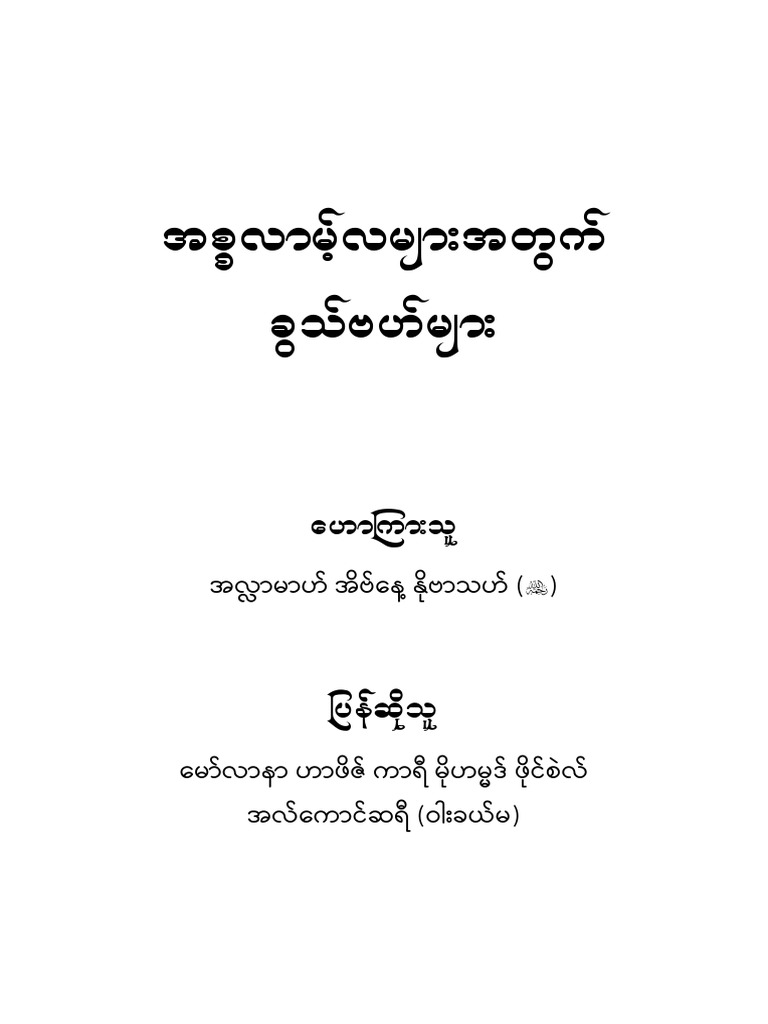In the resplendent tapestry of Islamic scholarship, the figure of Asbagh Ibn Nubatah emerges as a beacon, illuminating the path for those who seek to delve into the profundities of Shia teachings. His contributions resonate deeply not only within the realms of theology but also in the philosophical musings that shape a faithful life. Born in a tumultuous era marked by political strife and theological divergence, Ibn Nubatah’s influence transcends the boundaries of time, revealing insights that remain pertinent today.
At the heart of Ibn Nubatah’s teachings lies an intrinsic understanding of the immutable relationship between faith and action. He artfully navigated through the complexities of Islamic jurisprudence, emphasizing that true belief must manifest in righteous deeds. This connection is akin to the roots of a mighty tree; unseen yet integral, it nourishes the visible expressions of faith. When one grasps the essence of this metaphor, the wisdom inherent in Ibn Nubatah’s teachings becomes palatable. Faith without deeds is but a barren land devoid of vitality.
Ibn Nubatah’s sermons are characterized by their exquisite use of linguistic allure. His command of eloquent rhetoric engages the listener, weaving intricate arguments that resonate with the listener’s spirit. He drew upon the poetic traditions of the Arabic language, utilizing allegory and metaphor to convey profound truths. In a world where many feel adrift, his words serve as an anchor, providing guidance through the stormy seas of life. Such technique not only captivates the mind but also stirs the heart, leading to a holistic transformation of the individual.
One cannot discuss Shia teachings without addressing the pivotal concept of Imamate, which occupies a central position in Ibn Nubatah’s discourse. He articulates that the Imams are divinely appointed leaders, serving as both spiritual guides and temporal authorities. To dismiss their significance is to overlook a cornerstone of Shia identity. The metaphor of a lighthouse aptly encapsulates this relationship; just as a lighthouse guides mariners safely to shore amidst turbulent waters, the Imams illuminate the way for believers navigating the complexities of existence. In times of uncertainty and moral ambiguity, their teachings provide a compass for ethical conduct.
Tags
Share this on:
[addtoany]


